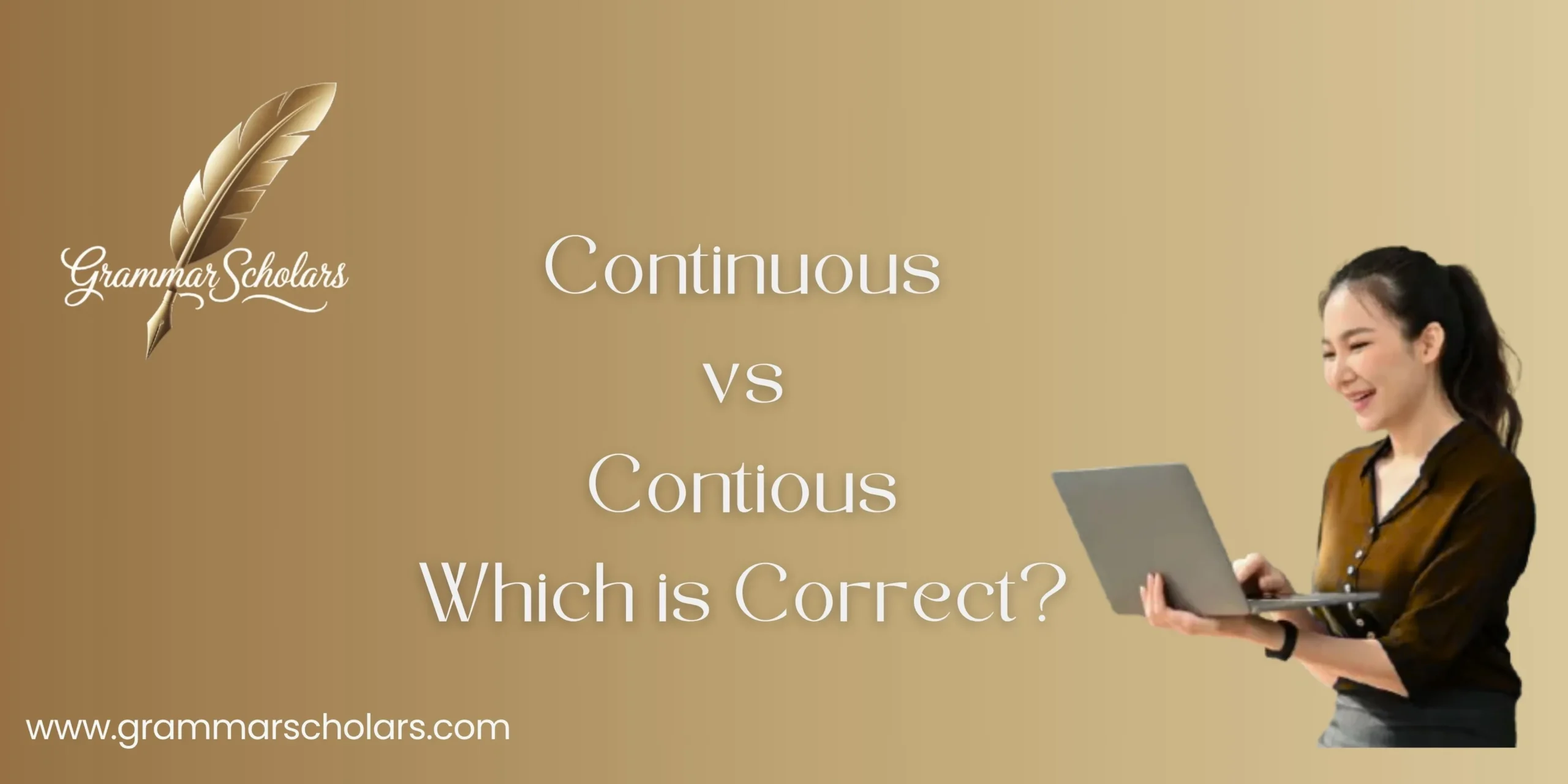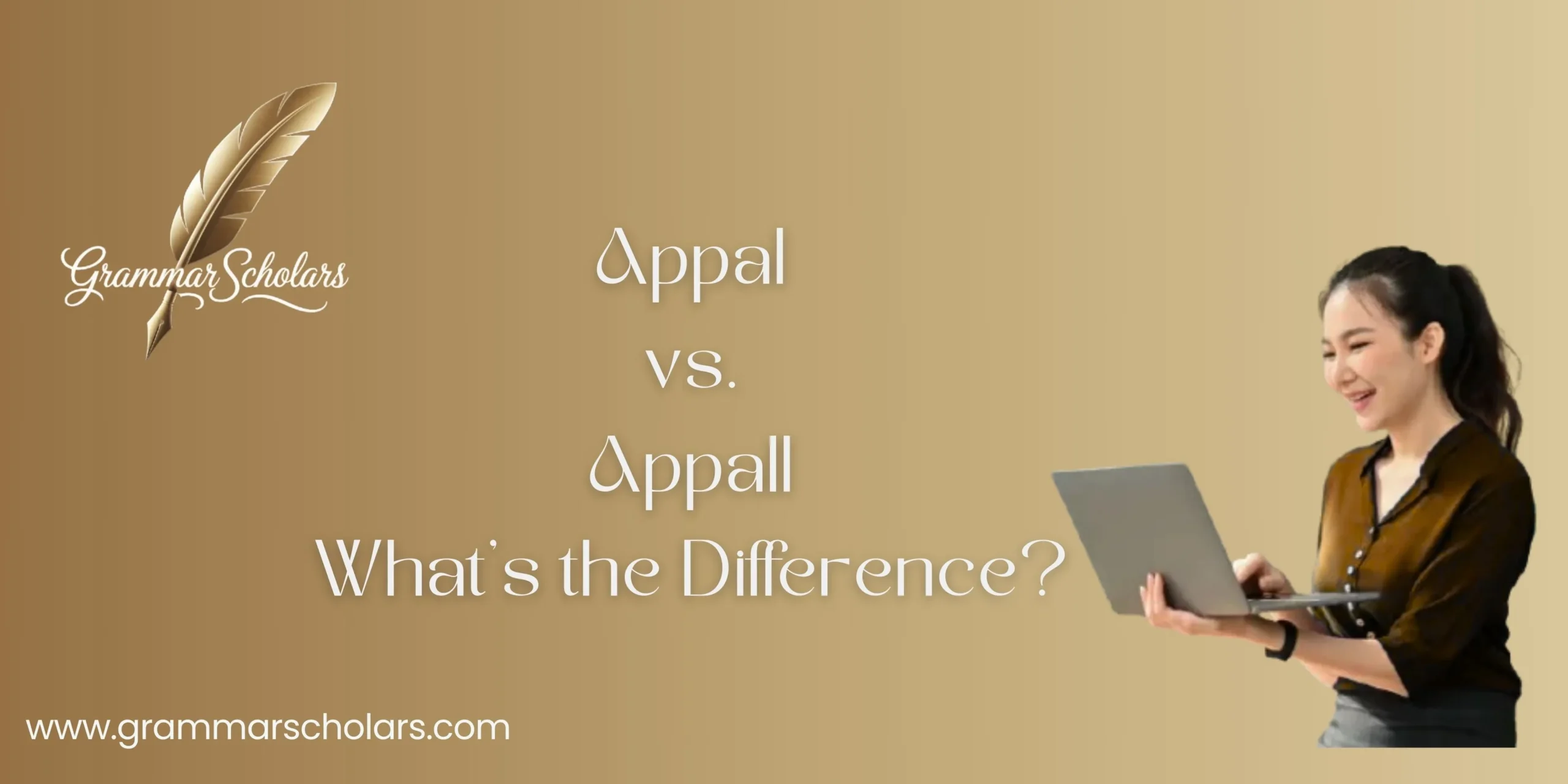Continuous vs Contious – Which is Correct?
When you’re learning English, it’s completely normal to face tricky situations, especially when words look or sound similar. One common challenge is deciding whether a word is spelled with an extra letter. For instance, many people wonder if it’s continuous or contious. I’ve personally seen students stumble over this in grammar classes. The correct spelling … Read more




















